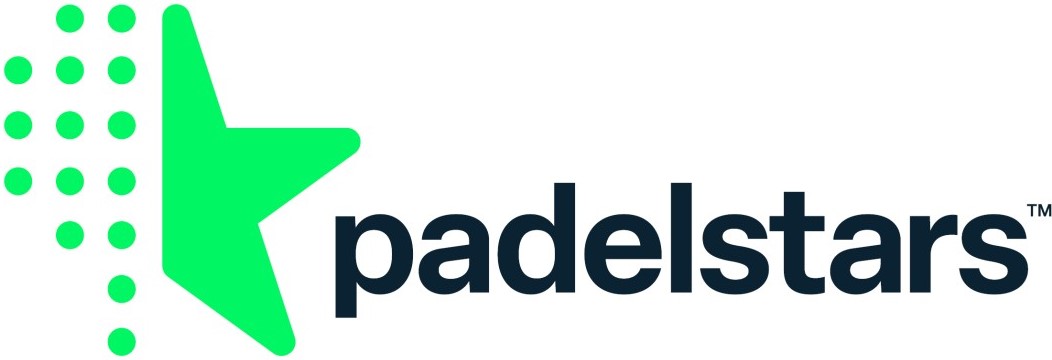More Change for Furlough...

The Budget has brought another extension to furlough including new eligibility criteria. Sarah Lee, Partner in the BPE Employment team, discusses the changes and how businesses should be planning ahead as the percentage of grant available reduces over the coming months.
Rishi Sunak’s extension of the Coronavirus Job Retention Scheme (the Furlough Scheme) until the end of September 2021 has been welcomed by employers and employees and should help to protect jobs from redundancy, at least in the short term.
Rishi is also extending the eligibility criteria from 1 May 2021, after which employers will be able to claim for eligible employees who were employed and on their payroll on 2 March 2021. (The cut-off date is currently 30 October 2020 in most cases.)
In addition, eligible employers and employees can benefit from the Furlough Scheme even if they have not participated in it before, so it is not too late to start utilising the Scheme if it will assist your business.
However, before viewing the extended Furlough Scheme as a panacea, businesses need to be mindful of the ongoing and increasing costs associated with utilising the Scheme and should also consider whether they are simply delaying the inevitable in terms of job losses.
Furlough costs for employers
Until the end of June 2021, the government grant will remain at 80% of employees’ usual wages (for hours not worked) up to a monthly cap of £2,500. However, it will then reduce as follows:
- July 2021 - the grant will cover 70% of employees’ usual wages, up to £2,187.50 per month; and
- August and September 2021 - the grant will reduce to 60% of employees’ usual wages, up to £1,875 per month.
Although the government grant will reduce between July and September 2021, furloughed employees must still receive at least 80% of their usual wages (up to £2,500) during that period, so employers will have to fund this difference.
In addition, employers still have to pay Employer National Insurance contributions and minimum pension contributions each month, as the grant does not cover these.
These costs should, therefore, be factored in when considering staffing requirements and next steps for your business over the coming months.
Holiday costs
During furlough, employees accrue holiday, can take holiday and should be paid for holiday at their usual pay rate (rather than furlough pay rate).
As employers can use the government grant towards holiday pay (although they must then “top up” the 80%), it is beneficial for employers to ensure that furloughed employees take holiday while on furlough.
Employers can take a carrot or a stick approach regarding furloughed employees taking holiday, either “encouraging” them to take holiday or requiring them to do so (by giving them twice the period of notice as the period of holiday you want them to take, under the Working Time Regulations).
Bear in mind that requiring furloughed (and/or non-furloughed) staff to take holiday may be considered unreasonable given:
- the current lockdown and inability to travel;
- the fact that staff are now permitted to carry forward untaken holiday; and
- the government guidance which suggests that employers should “consider whether any restrictions the worker is under, such as the need to socially distance or self-isolate, would prevent the worker from resting, relaxing and enjoying leisure time, which is the fundamental purpose of holiday.”
However, if you anticipate needing to make redundancies in due course (see below), you may want to take a more robust approach in relation to holiday, to avoid paying substantial sums in respect of accrued but untaken holiday on termination.
Delaying the inevitable?
Whilst the Furlough Scheme has undoubtedly preserved jobs which would otherwise have been lost, there are costs associated with it for employers (as set out above) and it will not go on for ever.
As such, businesses need to give careful thought to what structure and staffing they will need going forwards, the process they will need to follow to achieve this and how long this will take.
If you will need to close a place of business or have a reduced need for employees to perform work of a particular kind, a redundancy scenario will arise. To ensure this is fair (and avoid unfair dismissal claims for those with two or more years’ service), you must follow a reasonable consultation process with staff before giving them notice of redundancy.
In a “usual” redundancy scenario, consultation commonly lasts around two weeks. However, if you propose to make 20 or more employees redundant in a 90-day period, onerous collective consultation obligations will kick in, involving a minimum of 30 days’ consultation (which increases to 45 days if 100 or more redundancies are proposed).
The government guidance makes clear that employers can undertake consultation with employees while they are on furlough. As such, if your business is contemplating redundancies, you may wish to conduct the consultation process while the Furlough Scheme remains available and the government grant can cover a proportion of your employee costs over that period.
If, after consultation, you decide to make redundancies, remember that:
- you cannot use the government grant to cover either notice pay or statutory redundancy payments; and
- notice pay and statutory redundancy payments must be paid in full at the employee’s pre-furlough rate.
If you are going to face redundancy costs in due course (without the assistance of the government grant), you may wish to consider redundancies sooner, rather than later, and put the money you would otherwise spend on furlough costs (as explained above) towards those redundancy costs.
For more information about the changes to furlough or any other employment matter, please contact Sarah Lee at [email protected] or call 01242 248261 or another member of the BPE Employment team.
Full details of the team and the ways we can support you can be found at www.bpe.co.uk/employment
Twitter @BPE_Solicitors
LinkedIn: BPE Solicitors LLP











